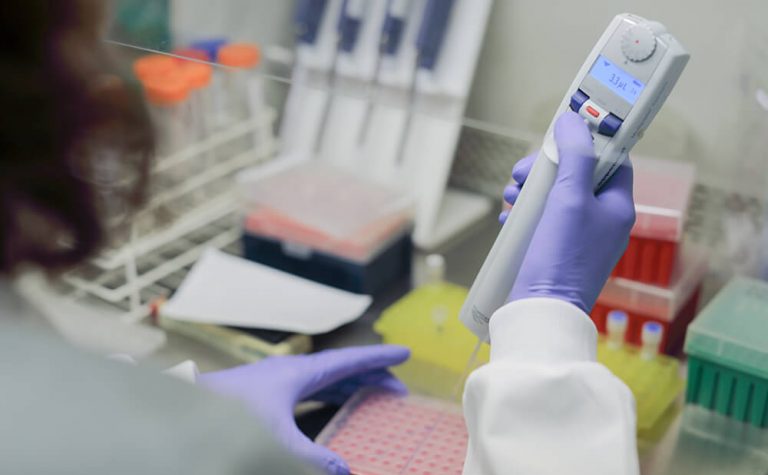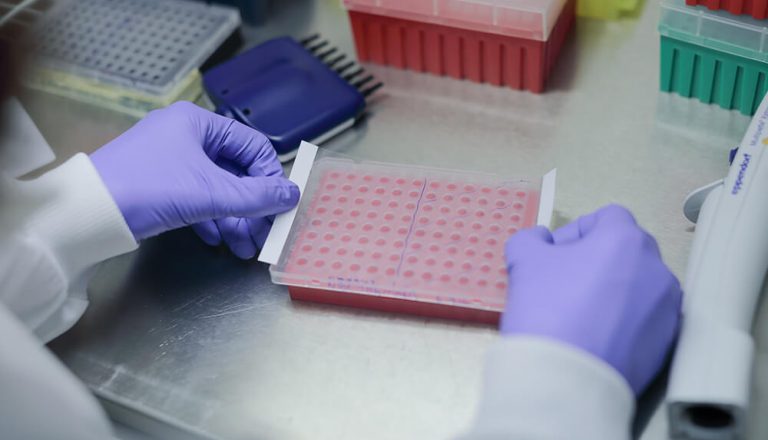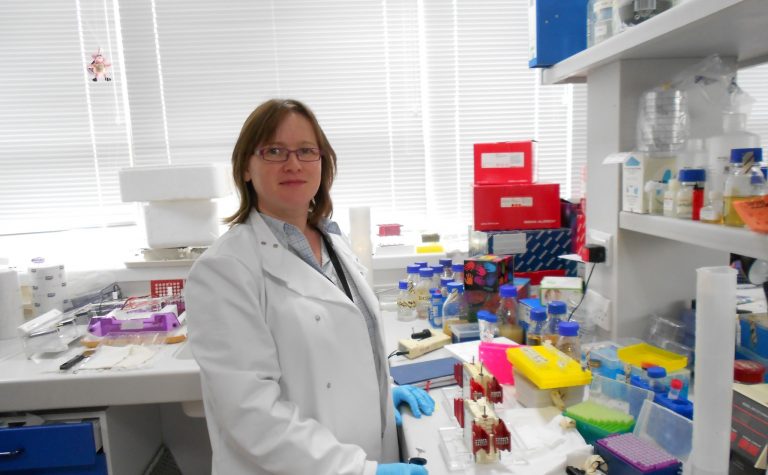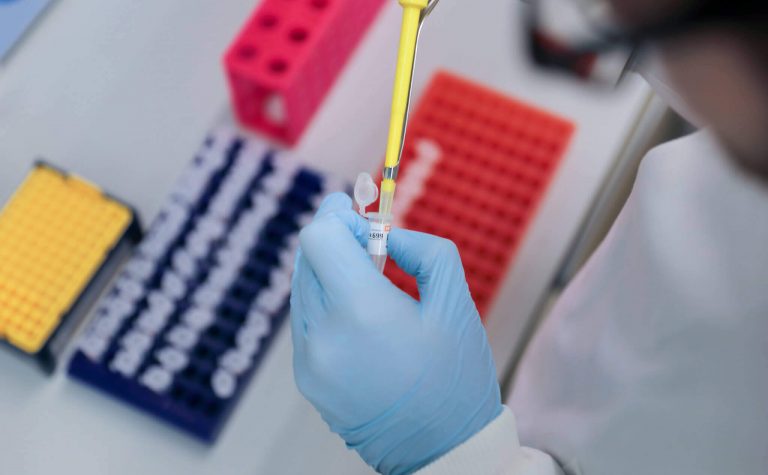Project Details
Project Title
Testing the role played by infectious exposure in childhood leukaemia development
Lead Researcher
Dr Owen Williams
Research Centre
UCL Institute of Child Health
City & Institution Postcode
London, WC1N 1EH
Start Date
1 October 2012
Duration
39 months
Grant Amount
£177,870




